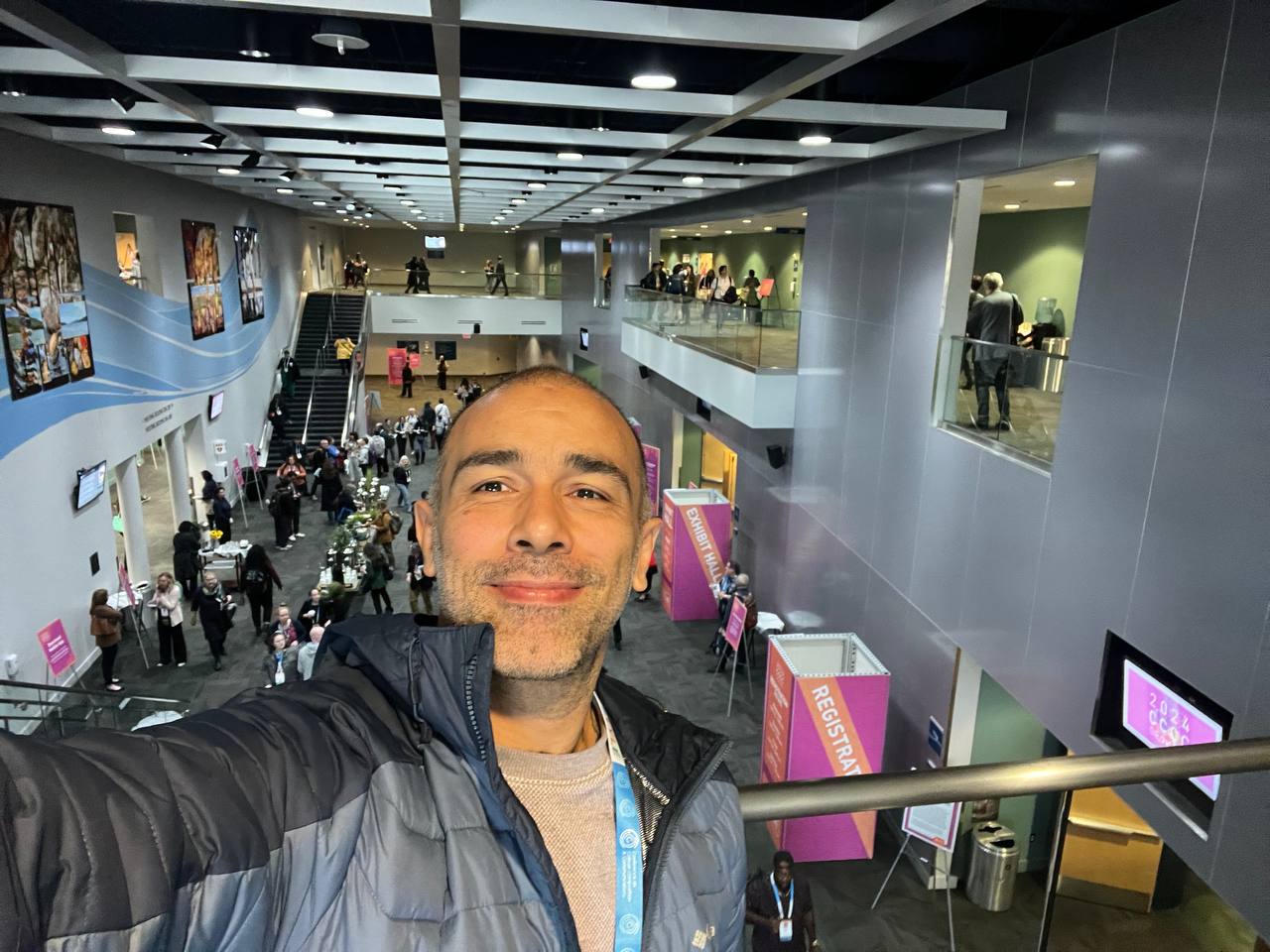I’ve been captivated by digital technology ever since computers began making their mark in Iran in the late ’90s. Back then, owning a computer was a luxury, but I finally got my hands on one when I started my undergrad studies in English Literature in 1999. By that time, major search engines like Yahoo! and Google, as well as e-commerce giants like Amazon and eBay, were already emerging, fueling the dot-com boom. I closely identify with the Web 2.0 and dial-up generation of the 2000s to early 2010s—a period when the internet evolved into a more interactive and social space, thanks to platforms like Facebook, YouTube, Twitter, and Wikipedia.
After earning a BA in English Literature, I spent a decade teaching English as a Foreign Language in Iran. In 2014, I returned to academia to pursue a master’s degree in Applied Linguistics with a concentration in English Language Teaching. By 2022, I joined the PhD program in Rhetoric and Writing at the University of New Mexico, where my research evolved toward posthumanist rhetoric, which I defined as an evolving paradigm that views rhetoric as an emergent, ecological process involving both human and nonhuman actors. It redefines rhetorical agency as distributed and collaborative, recognizing the active roles of technology, animals, ecosystems, and other nonhuman elements in shaping meaning and influencing change within complex networks.
I’ve written and published works on topics such as the body as a material-discursive entanglement, data commodification, attention capitalism, and post-truth rhetoric. I’ve contributed to journals, including Somatechnics and Enculturation, and have published short articles for criticalposthumanism.net, a significant resource in the field of posthumanist studies: Rhetoric and Posthumanism and Embodiment in Posthuman Rhetoric.
In recent years, my research has increasingly focused on algorithms, which I argue are transjective and holobiontic entities: entanglement, interdependence, and co-evolution within complex socio-technical systems. I’ve authored a book chapter (forthcoming in 2025) titled “Platform Capitalism and Postdigital Kakistocracy,” where I discuss digital platforms are active socio-techno-economic and rhetorical entities that go beyond passive information conduits, directly shaping user behavior, social norms, and the fabric of truth in society. In that, I introduced the concept of cybertransmorphosis which captures the essence of truths being so extensively reshaped and intermingled with various narratives and influences that they morph into something at times entirely distinct from their original form, a transubstantiation of reality. I’ve contributed an article titled ‘Transjective-Holobiontic Rhetoric’ to the special issue Data in Motion in a More-than-Human World in the journal Somatechnics, which is scheduled to be published in April 2025. Finally, I’m particularly interested in critical theories and political philosophies of technology, sociology of technology and algorithms, the ethics of artificial intelligence, digital hermeneutics, continental philosophy of technology, and postphenomenology.

